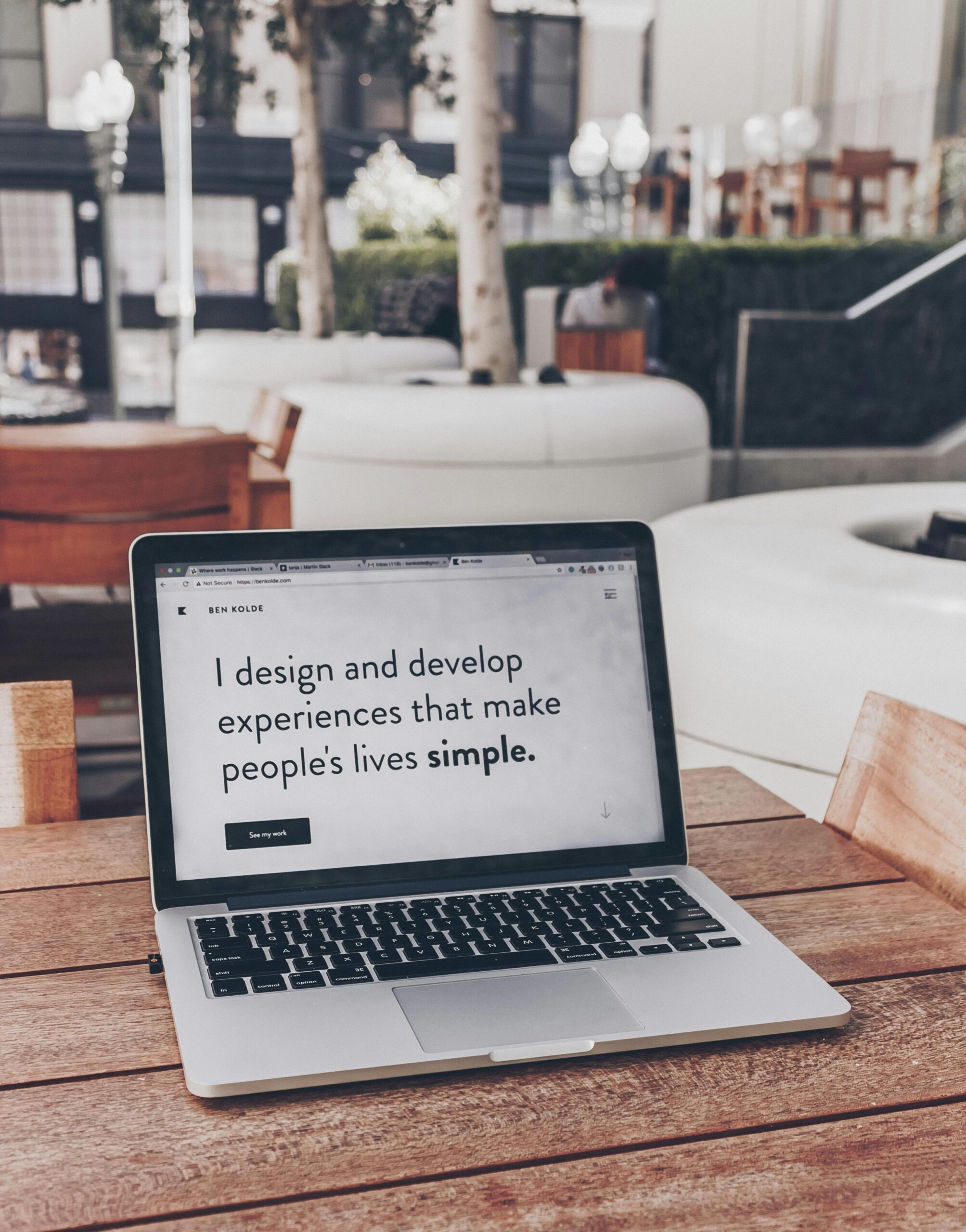In 2023, UMass Amherst embarked on a critical digital transformation initiative: migrating from a legacy LMS to Canvas. The transition was not just a technical upgrade, but a strategic move to enhance user experience, support pedagogical innovation, and align digital infrastructure with long-term institutional goals.
Challenge
The university was operating across two legacy LMS platforms, resulting in fragmented resources, duplicated efforts, and inconsistent user experiences. This redundancy created friction for faculty and students alike and strained instructional support teams. The decision to migrate to Canvas was driven by the need to unify the digital learning environment, streamline support structures, and create a consistent, scalable, and accessible platform. Our goal was to complete the migration of thousands of courses, onboard hundreds of faculty, and ensure minimal disruption—all within one academic cycle, balancing rapid implementation with a deep commitment to quality and inclusive design.
Role and Leadership Approach
As Associate Director of IDEAS, I led the course redesign and migration aspect of the initiative. My role included:
- Coordinating cross-functional teams of instructional designers, IT staff, and accessibility experts.
- Establishing a phased, agile approach to rollout.
- Developing a communication plan to align stakeholders and faculty across departments.
- Ensuring alignment with ADA standards and universal design principles.
Key Actions
- Stakeholder Engagement: Held listening tours with faculty and departmental leaders to map pain points and gather requirements.
- Faculty Support Framework: Designed a support model that included live training, asynchronous tutorials, and peer mentorship via the Course Design Institute.
- Process and Technology Integration: Collaborated with IT to ensure seamless data migration and SSO integration.
- Accessibility by Design: Integrated digital accessibility checks into every stage of course migration and design review.
Outcomes
- Successfully migrated 95% of courses within the target timeline.
- Canvas adoption became the catalyst for renewed instructional innovation, with a majority of faculty redesigning courses based on best practices learned during the transition.
Reflections
The Canvas migration reaffirmed the importance of inclusive leadership, transparent communication, and adaptive strategy. By focusing on both people and processes, we ensured that the technology served pedagogy—not the other way around.



